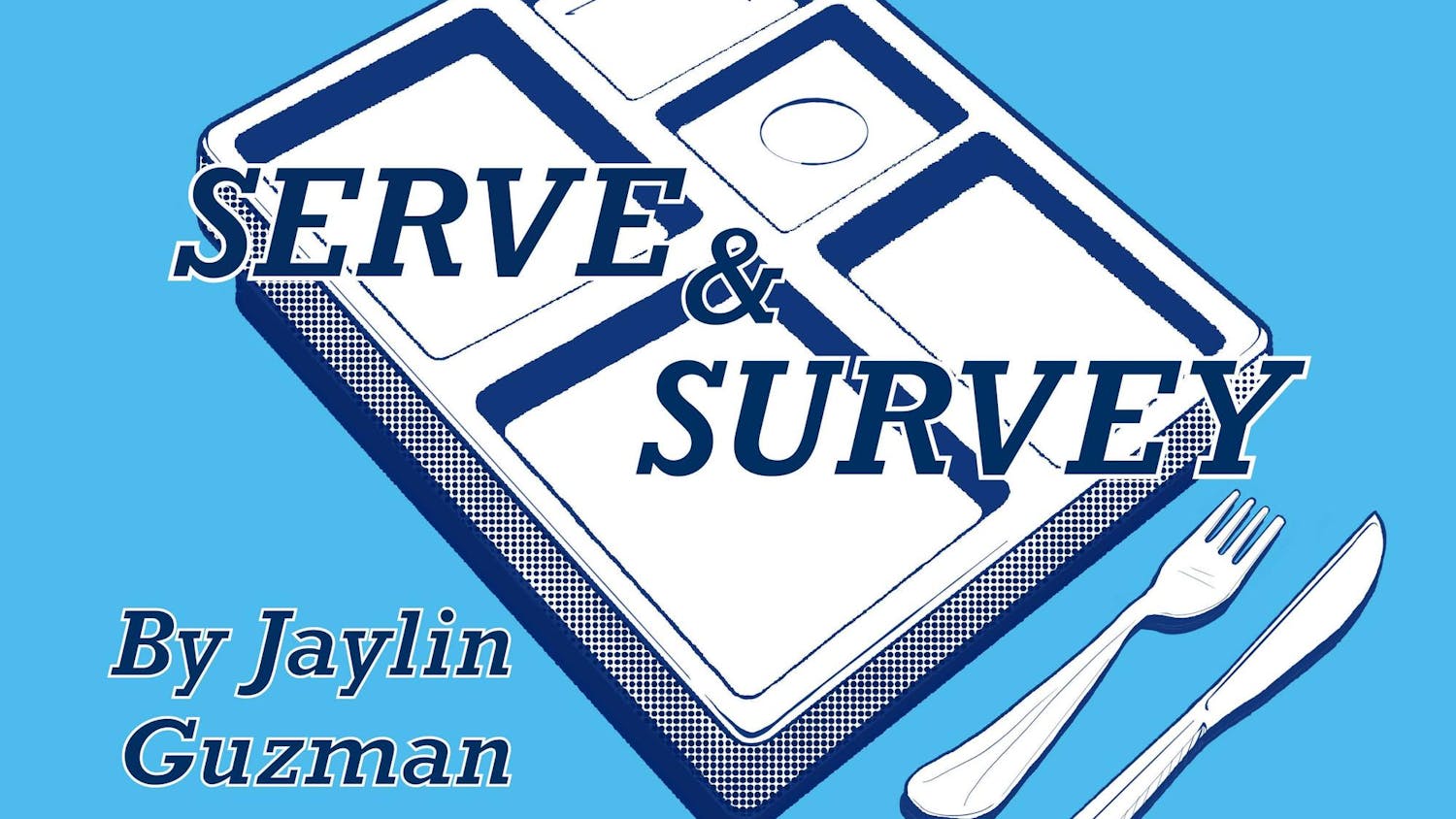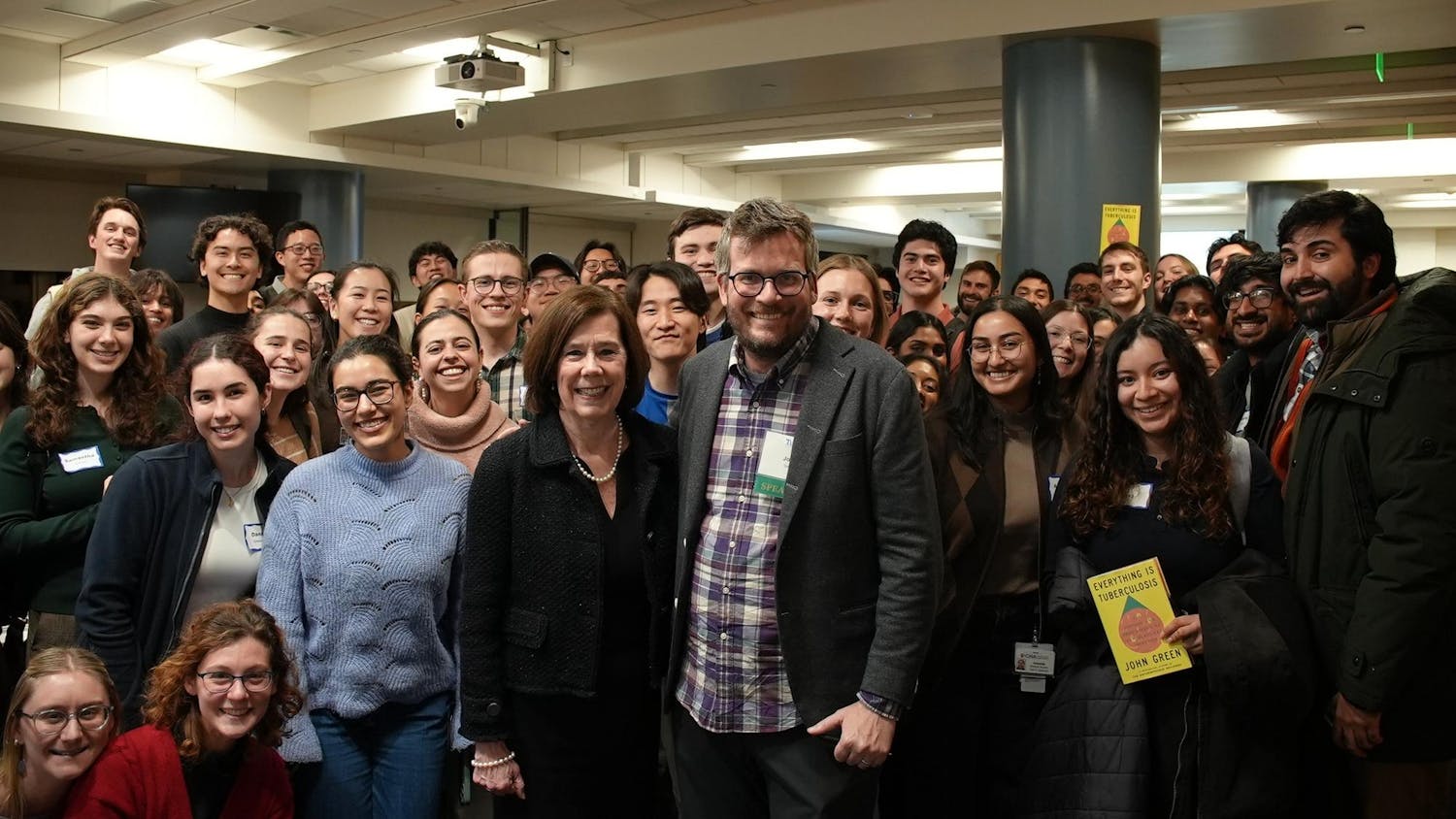It’s amazing to think of the information that is available to us at a moment’s notice.
This sentence is uttered often, usually calling forth some proof resting on the rapid pace of technological expansion during our lives. The new human magic trick of rapid data is fascinating; we can play games with it all across the world and time. There is great potential and current effort to put the vast trove of information to good use. But we are brand new to this state of affairs, and even the experts are unsure of how we should interact with this new and infinite world.
It's amazing to think just how much there is out there to know! However, upon hearing someone express this compelling truth of our time, instead of feeling empowered, I mostly feel guilty. While I could be learning Chinese or getting all the details of the Rohingya migration route on my walk to class, I can most often be found not doing those things. My mind feels weighty as I imagine all those unknown people out there who are busy getting a college-level education through Wikipedia while I get mine for five times the median U.S. income. I don’t like to think of how much of that money has been spent catching my eyes on people’s open Facebook windows when I’m sitting behind them in lecture.
There is so much complexity when I reflect on our generation’s use of media, especially social media. “Though those hours add up,” a friend of mine told me, scratching their head. “It’s not actually the time that I spend that’s the waste. It’s what my brain can’t do afterwards that’s the problem.” In my friend’s comment there lies a sort of triple threat of the way many of us misuse information: the important stuff is usually drowned out. Most of the media we are exposed to is not high quality and we’re made to judge ourselves harshly for not using information we didn’t ask for. In the saddest sense, so much time is spent mindlessly paying attention to lives outside our own. Not even lives, just bits and blips. They may be called “stories,” but they are so far away from compelling narratives, and they make for a very uncompelling mental state.
When we are convinced that the world is happening “out there” instead of here with us, we take ourselves away from the stories of our lives. I have recently attempted a new exercise that I will share in print: for roughly half an hour each day, I commit to using my brain as a data collection tool all by itself. I don’t keep track, I just watch what happens. I try to notice silence, maybe listen to its emptiness. I have found that empty space is often more full than an event missed, a missed call, the prospect of a midterm or a lifelong tickertape of to-dos that weave in and out with the latest headlines.
More from The Tufts Daily
The Full Court Press: Rooting for the red, white, blue
By
Noah Goldstein
| February 20
Serve & Survey: Emotionally editing humanity
By
Jaylin Guzman
| February 20





